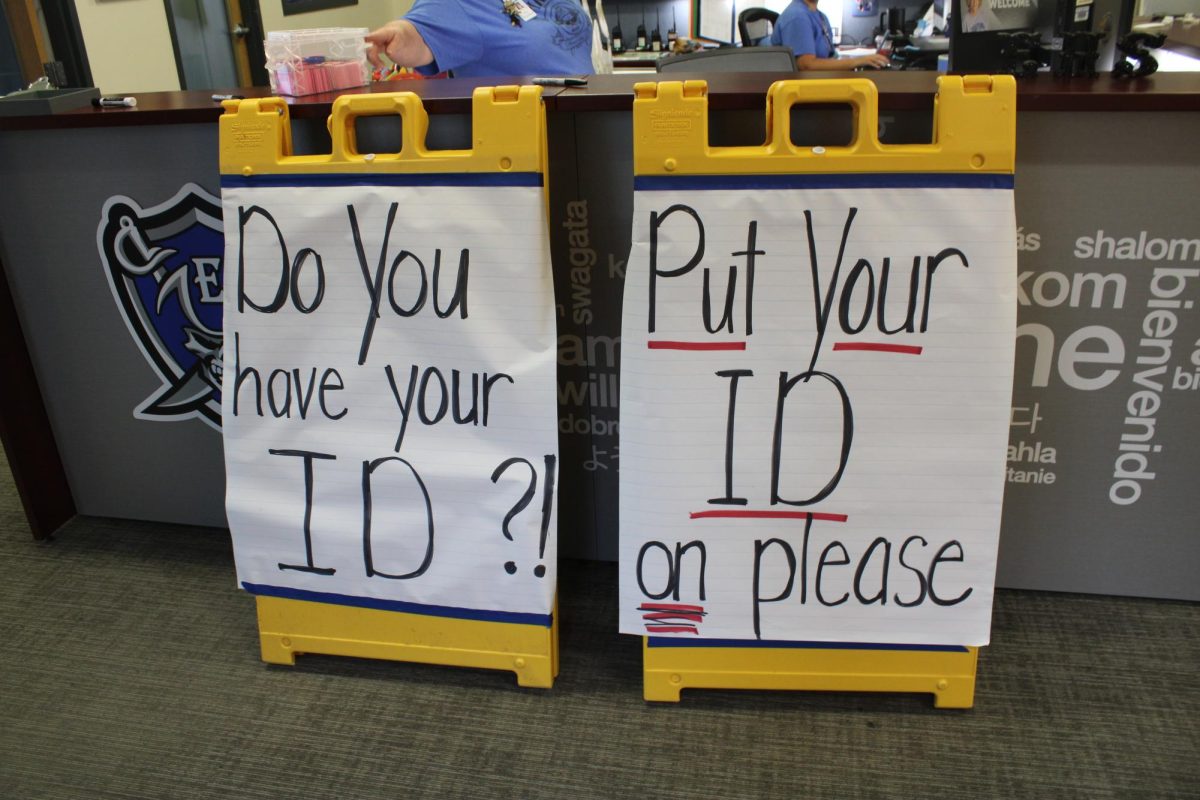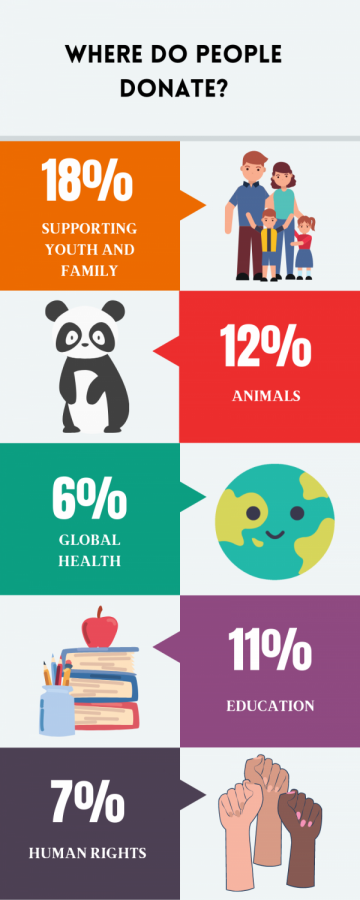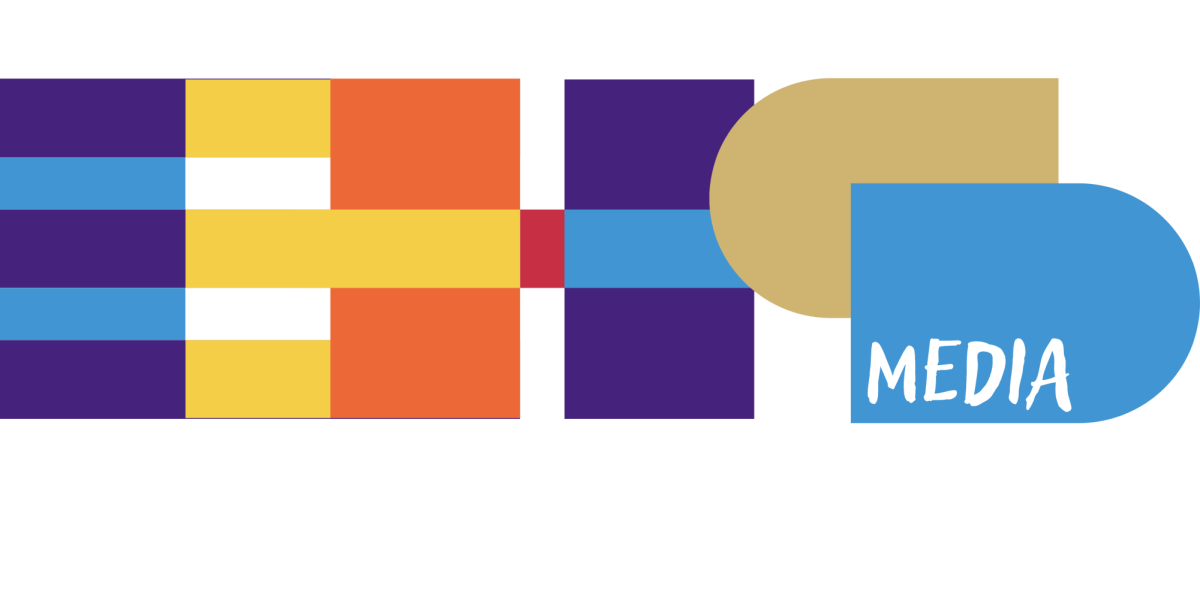EHS students are surprised to find out that students with high family incomes are more likely to get a higher score on the Scholastic Assessment Test (SAT).

According to the Princeton Review, the SAT is a multiple-choice, pencil-and-paper test created and administered by the College Board. The purpose of the SAT is to measure a high school student’s readiness for college and provide colleges with one common data point that can be used to compare all applicants. Most high school students take the SAT during the spring of their junior year or fall of their senior year.
“The SAT was arguably the most stressful part of my junior year in high school, but I think I studied very well for it,” said senior Michael Marquis, “I think that I was very well prepared and that was able to get me a pretty decent score of 1110.” Marquis studied with online resources like Khan Academy and a SAT study book.
The New York Times article compiled data from economists at Opportunity Insights, based at Harvard. It found that test takers whose families were in the top 20% of earners were seven times more likely to score at least 1300 on the SAT than test takers from families in the bottom 20%. One-third of students from extremely rich families scored 1300 or higher on the test, while less than 5% of middle-class students did.
12-thousand students were studied and it was revealed that opportunities that come from wealth drive achievement and better test scores. Some of the families that paid for tutors and support, such as private schools, summer travel, and college prep services were found to be more expensive than a college education.

“I think they should make everything available for free to all students so that everybody has an equal shot,” said senior Reagan Scheminske, “because having a higher income doesn’t mean that you should be less prepared for the SAT or any standardized test.”
In January of 2022, the College Board announced the SAT will soon move to a computer-based-only test. The story that ran in the New York Times reported the changes will begin in 2024 in the United States and in 2023 in other countries.
The article says the College Board is trying to update the test. As of June 2023, over 1,900 colleges are not requiring SAT or ACT for admissions.


















































